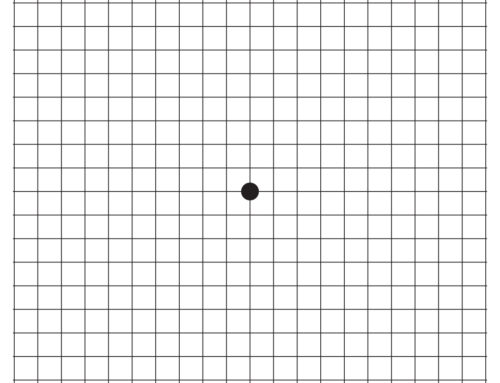
Macular degeneration can lead to significant vision loss, but it does not typically result in complete blindness. The degree of vision loss can vary widely between individuals and depends on the type and severity of the condition.
In dry macular degeneration, often termed “dry AMD,” the loss of central vision usually progresses slowly over time, which can make it difficult to perform everyday tasks such as reading, driving, or recognizing faces. However, it usually does not result in complete blindness.
In wet macular degeneration, or “wet AMD,” vision loss can occur more rapidly – often with the sudden-onset of distorted or wavy vision – and may lead to more severe vision impairment. Without treatment, wet AMD can progress quickly and result in central vision loss or even legal blindness.
It’s important to note that macular degeneration affects only the central vision, leaving peripheral vision intact. This means that people with macular degeneration can still see objects and navigate their surroundings, although they may have difficulty with fine detail and central tasks, as well as difficulty reading street signs and driving safely.
Early detection and treatment are crucial for preserving vision and maintaining a good quality of life for people with macular degeneration. Regular eye exams with an eye doctor or a retina specialist are important in screening for macular degeneration and monitoring the condition and ensuring appropriate treatment when necessary.

